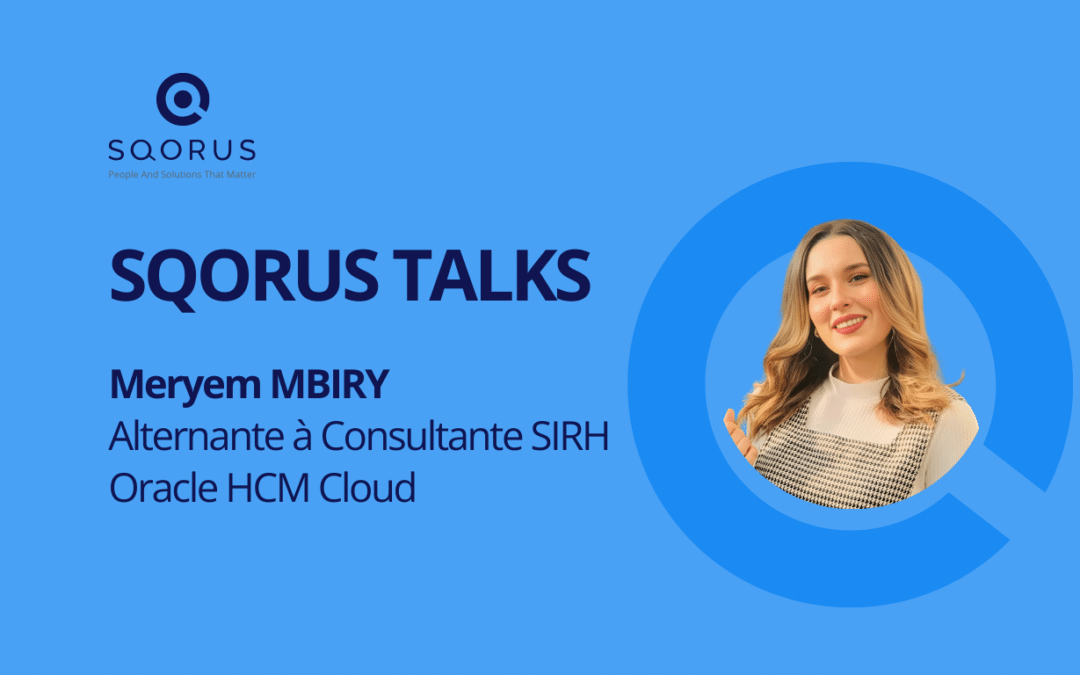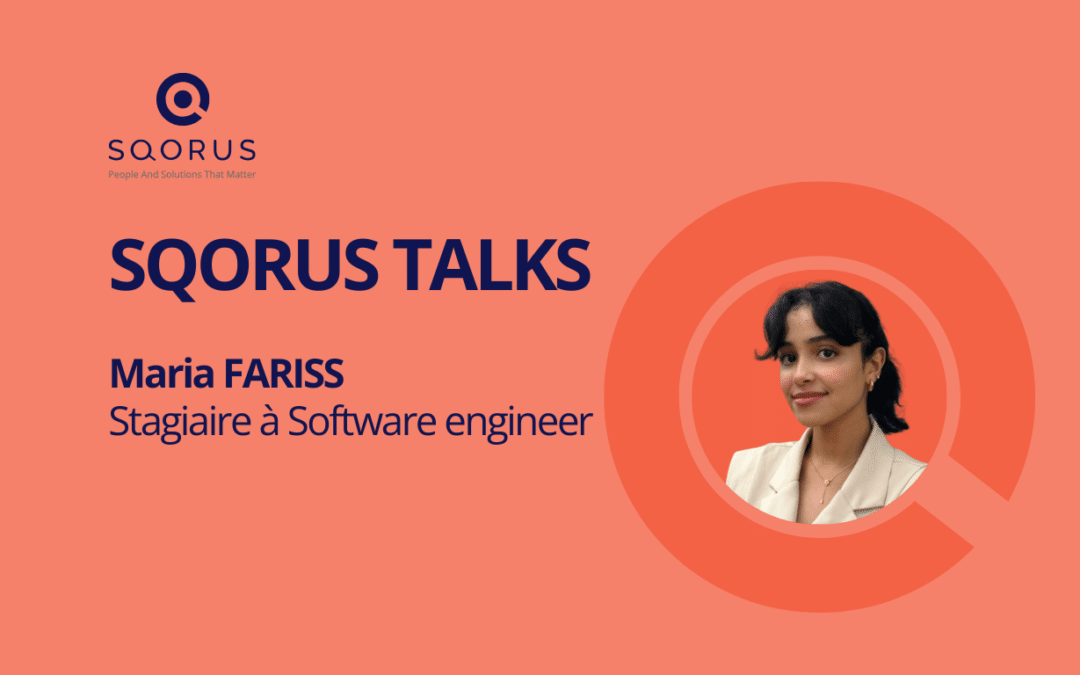Project governance almost systematically requires a steering committee. With the digital transformation and the advent of microservices, companies have expressed new needs and require new technical skills. A new job appeared within the IT team. Halfway between the developer and the operating system administrator, the term DevOps is the contraction of “development” and “operations”. In concrete terms, what are the missions of the DevOps consultant and what are the skills required by this new strategic profession?
What is the role of the DevOps consultant?
The DevOps job requires a dual skill set as it links the teams responsible for IT development with those who manage and ensure the stability of applications. Before the creation of this profession, the development engineer and the system administrator worked independently. The DevOps profession thus creates a bridge between two professions. It has therefore become strategic in the company, allowing it to gain speed and agility in the exchange and processing of information. In other words, the role of the DevOps consultant is to improve the capacity and delivery times of applications and services.
He is responsible for evolving traditional software development processes and, at the same time, optimizing products. His missions lead him to administer, set up and manage computer systems. These systems must be developed according to the needs of the company and help it to optimize all its processes. This optimization involves the implementation of full automation of application production. The ultimate aim is to reduce human intervention in order to deliver products as quickly as possible.
In concrete terms, the DevOps job ensures that the applications developed meet all the criteria for running on the servers. It automates processes to ensure continuous deployment, which includes monitoring the proper functioning of applications, testing in a production-like environment, and ensuring quality of operation. His role is also to make teams of developers aware of production constraints and the importance of autonomy, to gain in speed.
The DevOps engineer of the company or the DevOps consultant is the guarantor of the quality of the information system. Indeed, he must ensure quality control so that the production launch goes smoothly and when a problem arises, he must solve it quickly.
The skills required to become DevOps
The DevOps engineer has a cross-functional role that requires a good command of the IT development stages, as well as a good understanding of the challenges of continuous deployment and production. The DevOps job requires the mastery of various skills. First of all, you must master the technical skills that the job requires. The DevOps consultant must :
- in-depth knowledge of the programming language used by the company’s developers with whom it works,
- use building and virtualization tools: Team Foundation Server, Docker, Kubernetes, etc,
- scripting and integration skills,
- know how to set up continuous integration chains (CI/CD)
- be familiar with operating systems: Linux, Windows,
master automated testing and deployment monitoring tools,
- be a stickler for data security and have excellent knowledge of server systems
- work on cloud platforms such as AWS, Azure, GCP, OCI and others, as well as on On-Premises platforms.
In addition to their technical skills, DevOps engineers need to be able to assess how applications are working, make technical adjustments and measure the performance of the solutions they develop.
If technical mastery is crucial, the human qualities of the DevOps consultant or engineer represent a major asset in his or her relations with other teams and the hierarchy. In addition to management skills, he/she must be able to listen to the demands of the client and the teams. It is therefore essential that they have good interpersonal skills to better understand needs and exchange ideas more easily:
- he must be able to manage and direct the teams he works with,
- he or she must always have a certain distance from the project in order to complete it successfully and meet the objectives set,
- must be able to formulate requests in technical language,
- it must be able to federate all participants to develop a personalized and coherent solution.
Not every DevOps engineer is proficient in every programming language, especially novices. A good engineer must therefore be able to quickly learn new tools and deployment technologies, to ensure the success of the company’s digital transformation.
Moreover, the company that needs to recruit a DevOps engineer or hire a DevOps consultant will focus on DevOps practices. In other words, it will pay particular attention to the work processes of the practitioner. The latter will have to know different cloud computing solution providers.
Finally, a good DevOps engineer must regularly do a technology watch to stay on the cutting edge in his field. He must be on the lookout for new languages and new digital tools.
Join a great place to work
Your career at SQORUS is more than just a job, it’s an opportunity to grow professionally and personally in an environment where individual development contributes to the growth of the whole.












